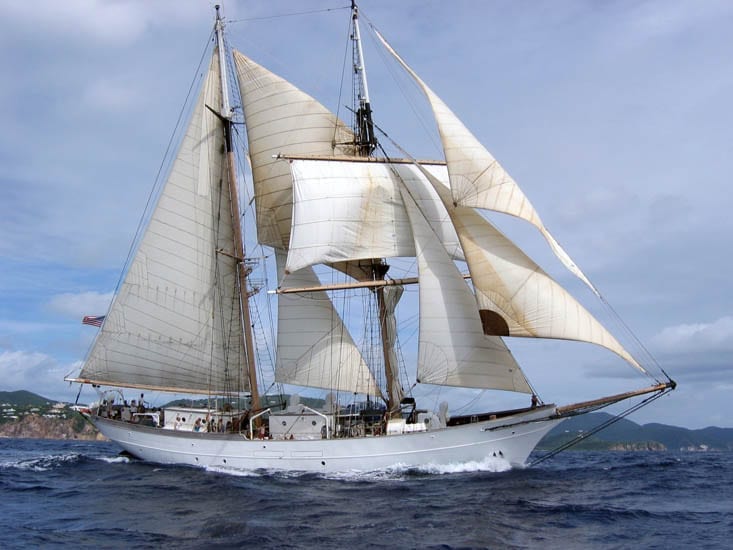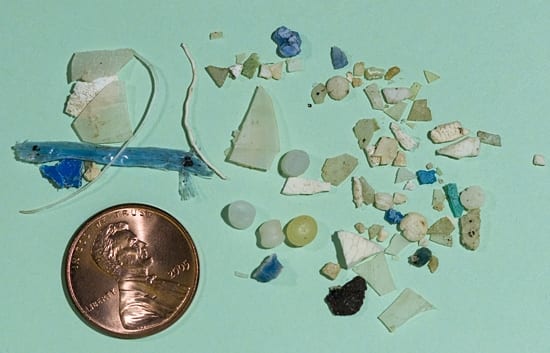SEA to conduct expedition dedicated to measuring plastic marine debris in the North Atlantic Ocean
November 12, 2009
(Woods Hole, Mass.) — Sea Education Association (SEA) is preparing to conduct the first-ever research expedition dedicated solely to examining the accumulation of plastic marine debris in the North Atlantic Ocean.
The expedition, scheduled to begin in June, will expand upon a 20-year data set previously collected by SEA that reveals a region of extensive plastic pollution in a narrow latitude band in the western North Atlantic Ocean.
This trip will explore an area southeast of Bermuda that, it is hypothesized, is an extension of the high plastic pollution region defined by more than 200 previous SEA voyages in the Western North Atlantic. Observations from those trips indicate the area has large concentrations of plastic debris comparable to the region of the Eastern North Pacific Ocean dubbed the “Great Pacific Garbage Patch.
Paul Joyce, SEA dean, said the expedition is a natural extension of the efforts in measuring plastic debris by SEA students and staff for decades.
“SEA’s physical data sets contribute to our understanding of the distribution and ultimate fate of plastic in the ocean,” said Joyce. “Every one of the several thousand students who have helped collect and count plastic debris over the decades have been important contributors to this work and have gained a much fuller understanding of how the oceans work and the role humans play in the present and future of the oceans.”
The expedition is funded by the National Fish and Wildlife Foundation (NFWF) and the National Oceanic and Atmospheric Administration (NOAA) Marine Debris Program, and is in collaboration with the Woods Hole Oceanographic Institution and Woods Hole Sea Grant.
The cruise, tentatively scheduled for June 10-July 14, will take place on the SSV Corwith Cramer, SEA’s 134-foot brigantine-rigged sailing oceanographic research vessel. The crew will consist of 11 professional mariners and up to 22 additional participants, many of them alumni of SEA’s core academic program, SEA Semester.
The expedition will follow a 3,300 nautical mile saw-toothed cruise track extending more than 1,100 nautical miles east of Bermuda. The expedition will feature a website with daily updates on the scientific findings and shipboard life, including multimedia content.
The Woods Hole Oceanographic Institution is a private, independent organization in Falmouth, Mass., dedicated to marine research, engineering, and higher education. Established in 1930 on a recommendation from the National Academy of Sciences, its primary mission is to understand the oceans and their interaction with the Earth as a whole, and to communicate a basic understanding of the oceans’ role in the changing global environment.


